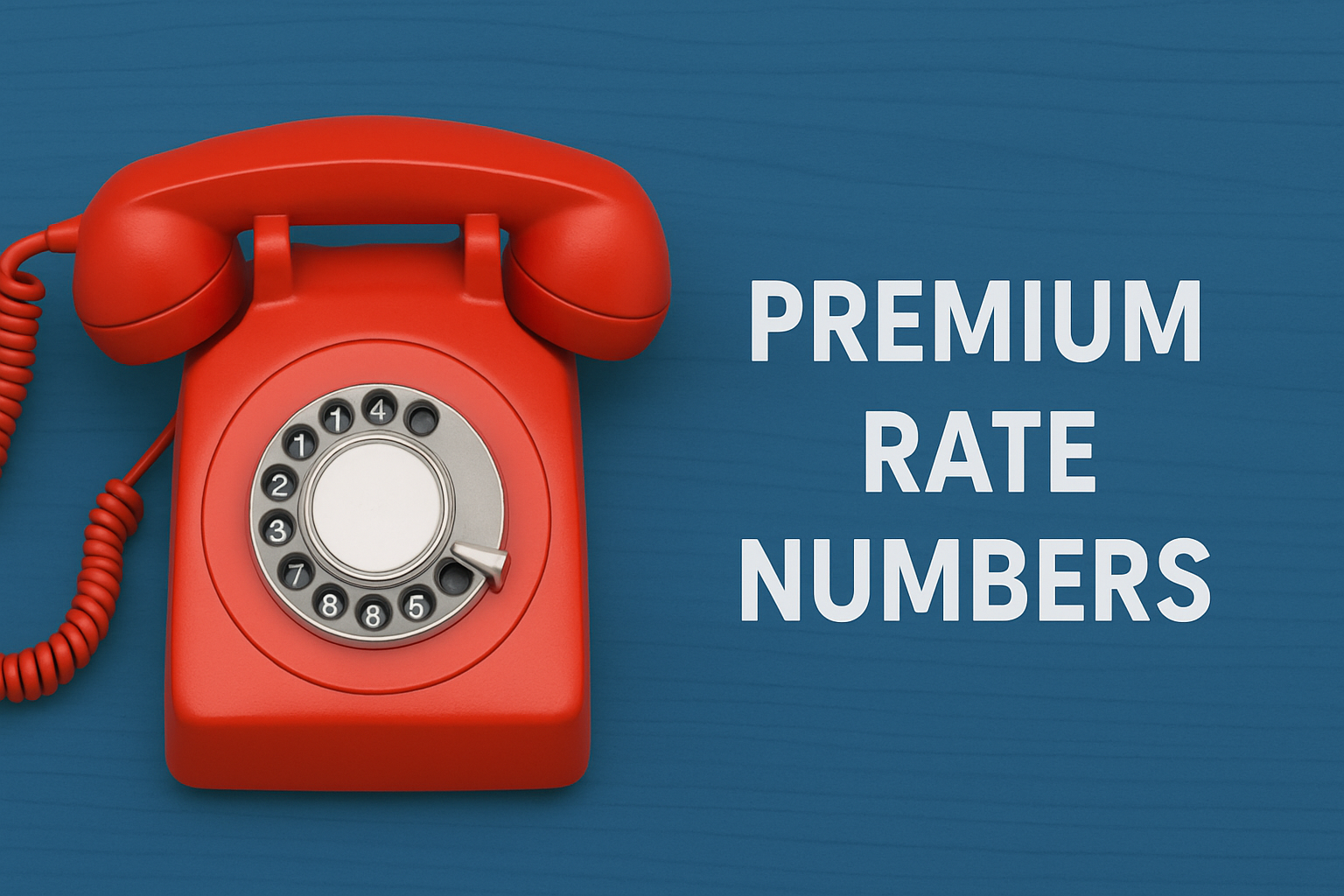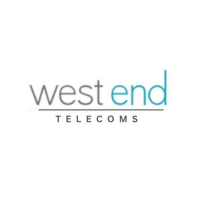How Do Premium Rate Numbers Work for Businesses and Consumers?

Businesses are always seeking for ways to improve customer service, increase revenue, and handle large call volumes in the highly competitive communication landscape of today. The application of premium rate figures is one strategy that has endured. These are phone numbers that impose an unusually high fee on callers, with the telecom operator and the company calling splitting the cost.
While often associated with customer helplines, technical support, or entertainment services, premium rate numbers can be a powerful tool when used responsibly. However, it's essential to understand how they work, who they benefit, and what potential risks they carry for both businesses and consumers.
What Are Premium Rate Numbers?
Phone lines that charge more when called are known as premium rate numbers. These numbers have a per-minute or per-call price that is higher than conventional calling rates, in contrast to regular landline or mobile numbers. Usually, the telecom provider and the company providing the service split the additional fee.
Premium numbers have unique prefixes in the majority of nations. For instance, in the UK, this group typically includes numbers that begin with 09, 118, or 0871. Similar services are frequently provided by 1-900 lines in the United States. The precise costs, rules, and uses differ depending on the location.
How Do They Work for Businesses?
For businesses, premium rate numbers can offer a range of advantages:
Revenue Generation: Companies can earn a share of the income from each call, especially if they provide specialized content such as legal advice, astrology, tech support, or exclusive entertainment.
Cost Recovery: Premium lines help businesses cover the costs of providing time-intensive services.
Call Management: These numbers can filter serious inquiries from casual ones since callers are less likely to contact the line unless they genuinely need the service.
Additionally, premium rate services can be hosted via third-party telecom providers, meaning the company doesn't need to manage complex infrastructure internally.
What About Consumers?
There are benefits and drawbacks to premium rate numbers from the perspective of the consumer. On the one hand, these numbers make it simple to get professional help or specialized services that could otherwise be hard to find. However, the price could be high if customers are uninformed about the pricing or are tricked by misleading advertising.
To protect consumers, most regions have regulatory bodies that enforce transparency rules. Anywhere the number is advertised, these regulations usually require that call fees be clearly displayed. Additionally, consumers ought to be able to ask telecom providers to restrict access to premium numbers.
Are There Any Risks?
Yes, both parties face potential downsides:
For Businesses: If not handled ethically, using premium rate numbers can harm a company’s reputation. Overcharging or lack of cost transparency can lead to regulatory penalties or loss of consumer trust.
For Consumers: The primary risk lies in unexpected charges, especially when calling from a mobile phone or from abroad. It’s not uncommon for users to receive surprisingly high phone bills after contacting such numbers.
Hence, education and transparency are key in maintaining the balance between profitability and trust.
Responsible Use Is the Way Forward
Businesses and consumers alike should be aware to guarantee equitable usage. Companies must disclose costs clearly and refrain from charging premium rates for services like cancellations or complaints that ought to be provided without charge. On the other hand, customers should always check prices again before calling, particularly if the number seems strange.
FAQs
Q1. Can I block premium rate numbers on my phone?
Yes, most mobile and landline service providers offer the option to block premium rate numbers. You can request this service through customer support or your account settings to avoid unexpected charges.
Q2. Why are premium rate numbers more expensive than regular numbers?
Premium rate numbers are priced higher because a portion of the cost goes to the business offering the service, in addition to covering telecom infrastructure fees. This model allows companies to monetize their phone-based services.
Q3. Are premium rate numbers used globally?
Yes, premium rate numbers exist in many countries, but the prefixes, pricing, and regulations vary. Always check local rules and the number prefix to understand the potential cost before calling.
Final Thoughts
In addition to providing consumers with easy access to specialized services, premium rate lines can be a useful tool for businesses in terms of communication and revenue. But their success depends on their application and awareness of ethics.
West End Telecoms provides a competent and legal approach catered to your requirements, whether you need dependable telecom services or are thinking about incorporating premium rate lines into your business plan.
Note: IndiBlogHub features both user-submitted and editorial content. We do not verify third-party contributions. Read our Disclaimer and Privacy Policyfor details.



